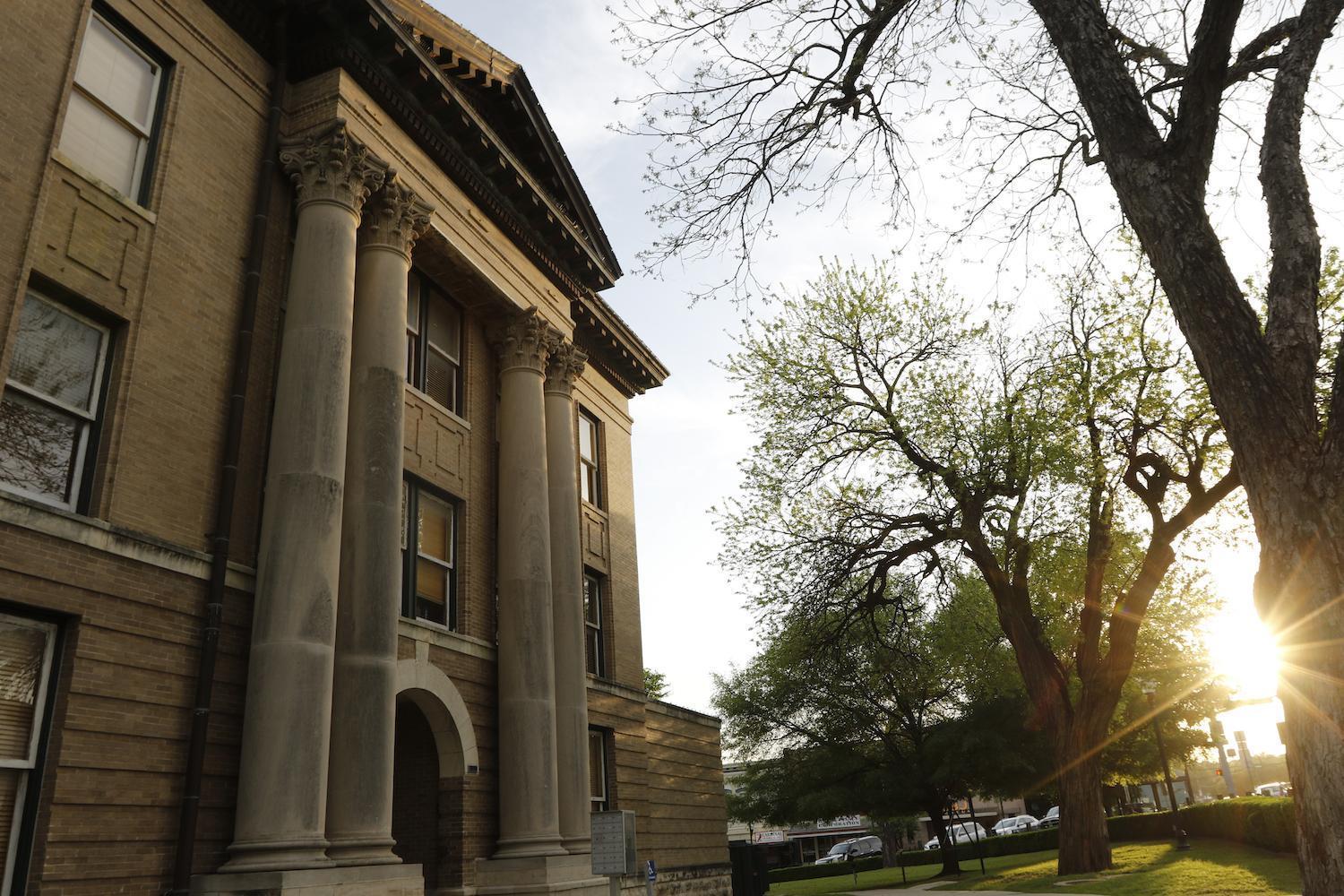
Steps taken towards election commission
Hays County can expect to see a new Citizens Election Commission following a decision by the county.
The Hays County Commissioners Court motioned to create an advisory commission which will exist “to serve Hays County as an independent advisory commission in the area of effectively identifying voting center locations and assessing the locations after each election period.”
The commission will include the following representatives: one representative from each independent school district, including Hays CISD, San Marcos CISD, Dripping Springs ISD and Wimberley ISD; one representative from each municipality, including San Marcos, Kyle, Buda, Dripping Springs and Wimberley; one representative from each County Party Chair, including the Democratic Party and the Republican Party; Texas State University Student Party Chairs, including the Democratic Party and the Republican Party; one rural community representative; one representative of the disabled community; one representative from the League of Women Voters; and two appointed citizen representatives per commissioner. The Elections Office will act as technical advisory to the commission.
The guidelines for the new commission were proposed by County Judge Ruben Becerra and Precinct 4 Commission Walt Smith, who met Friday to discuss the parameters of the commission.
Becerra said he and Smith agreed the commission should only focus on selection of voting sites and an assessment following each election.
“The goals: evaluate the distribution and effectiveness of the early voting polls and vote centers and recommend changes as needed,” Becerra said. “That's a very specific and narrow focus.”
The committee will be made up of 26 individuals who select their own leadership and meet a minimum of twice per year. Following their May meeting, the commission will present recommendations to the Commissioners Court in mid-July.
“That will also give us a little bit more lead time, a set amount of lead time before we make any decisions relative to our polling locations in November,” Smith said.
Commissioner Smith said he and Becerra did discuss whether or not to have elected officials on the commission.
“In the end, I was fully supportive of no elected officials and I used the example of if you have an at-large school board position or an at-large city council position, if you have an elected official on there it would incentivize them saying ‘Okay, well this is the church that I go and this is the school where my kid goes to school, I want polling locations in those two locations,'” he said. “In an at-large race that could be very problematic and so it's for that reasoning that we wanted someone who was an employee that’s beholden to their entire governing board.”
Becerra said that when Smith explained his reasoning, he agreed that no elected officials would be best.
“I was supporting the idea of elected officials there because we've appointed — by electing them — them to represent our different parts of the community, but Commissioner Smith brought up a good point and I said 'you're right, your point is stronger than mine on that front,’” Becerra said.
While elected officials will not be on the commission, commissioners asked that each school board and municipality come together to pass a resolution that identifies a staff member to represent their entities.
“Asking them to build a resolution gives them an opportunity to put structure for their own staff member to report back to their own political subdivision, whether it’s a municipality, school district, those types of things,” said Chief of Staff to the County Judge Alex Villalobos.
As for the representatives of rural and disabled communities, Commissioner Smith said he hopes the court will find a consensus appointment for each position.
Precinct 2 Commissioner Mark Jones asked that the committee try to avoid choosing schools as voting locations.
“One thing I'd like the committee to do is when they're looking at those sites is maybe try to maybe stay away from the schools as much as we can because I know the schools … do not want, they're letting us, but they feel like they don't have a choice,” Jones said.
Smith said that at the end of the day, the commissioners and county judge must still select the polling locations after receiving recommendations from the advisory commission.
“Statitorily it’s very clear what our elections commission does, what our election board does, and this is something that's outside that realm,” Smith said. “The only real authority that we could give these folks is a recommendation on polling locations.”
Each commissioner will appoint two individuals to the commission, which will allow them to select individuals from communities or locations that may not be adequately represented.
“By giving each commissioner two spots — like Commissioner Smith just said — the goal is if and when the deficiencies arise in your specific precincts, then you have an opportunity to fine tune that representation that you feel may have been overlooked or not properly highlighted,” Becerra said.











